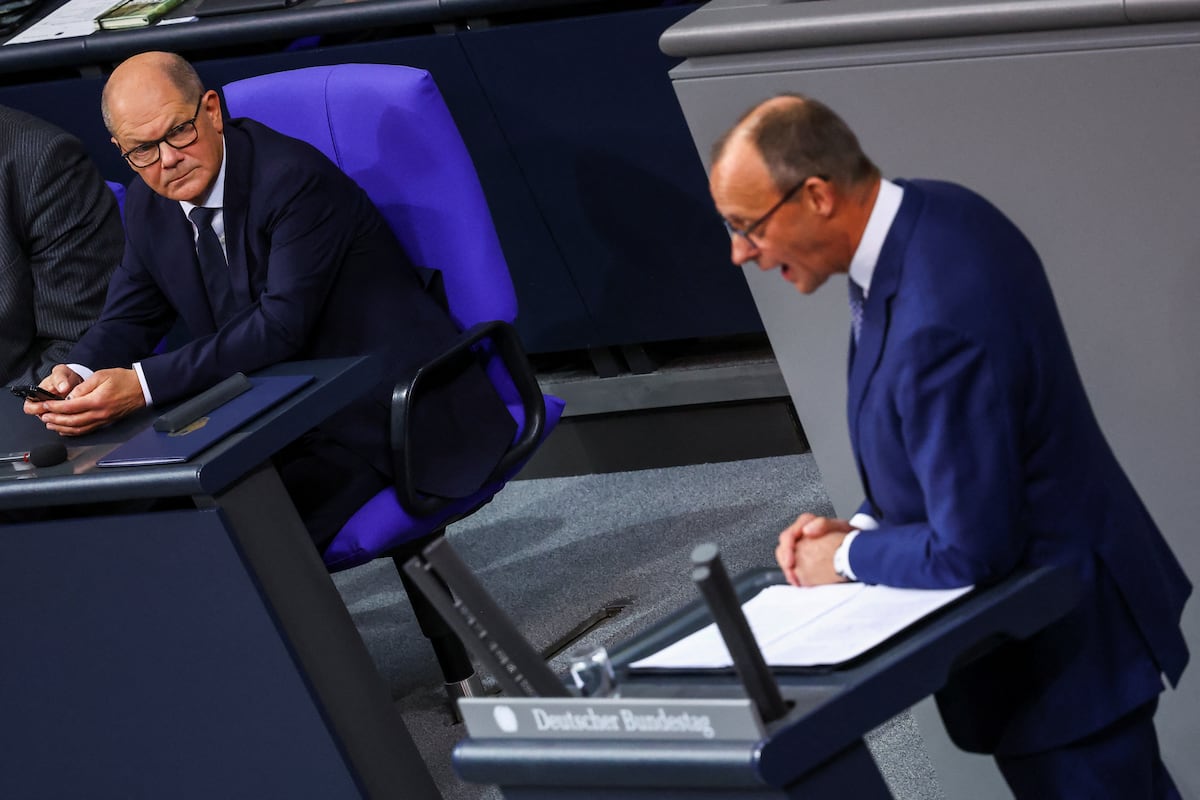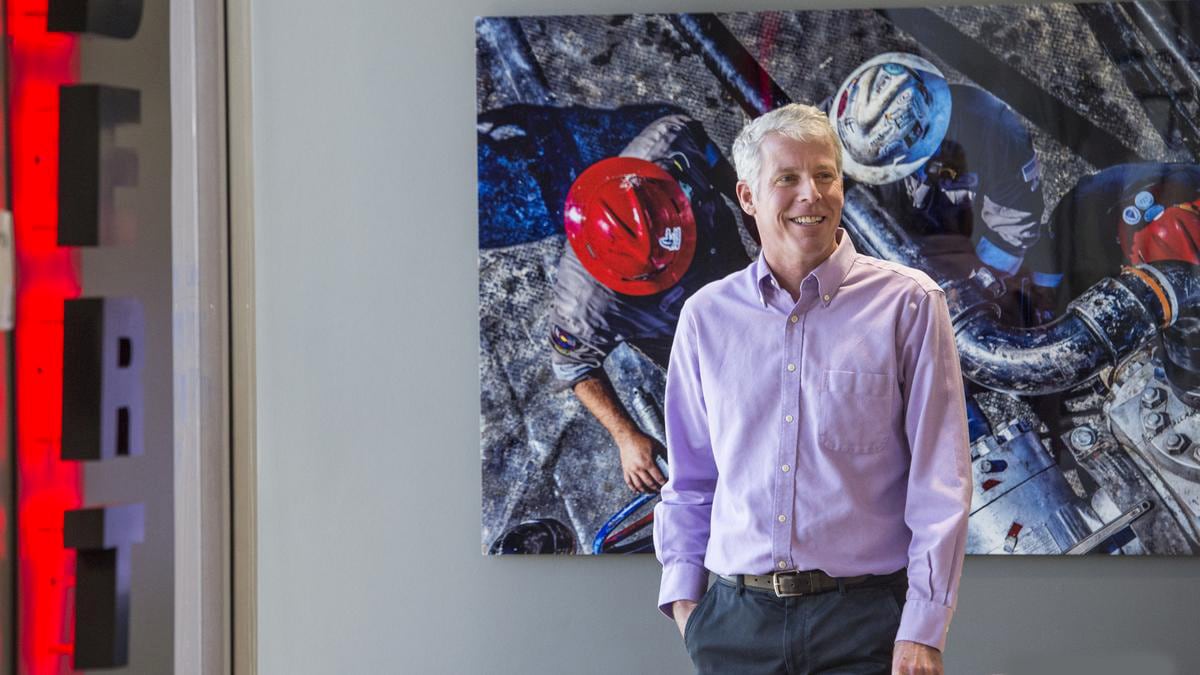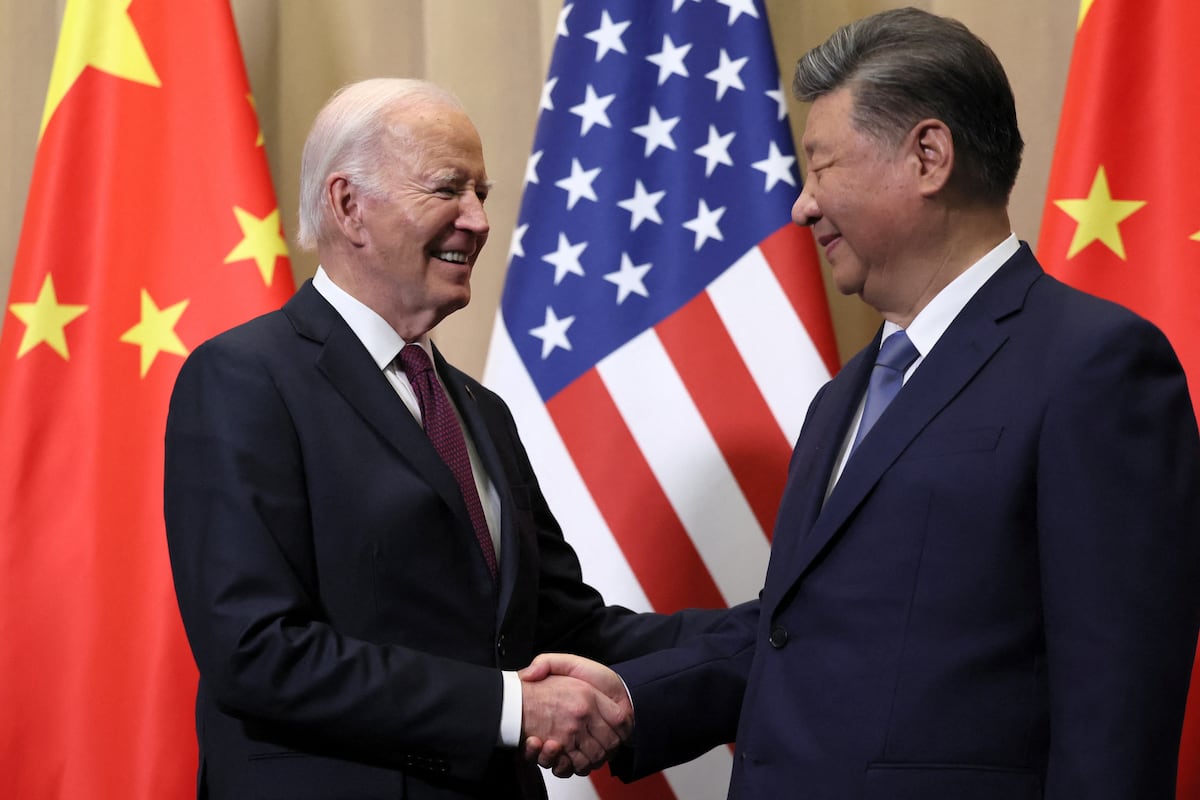The title of this column may be misleading, so I make the thesis clear from the beginning. The breakup of the government coalition in Germany may be a sign that anticipates the end of German exceptionalism, its incredible ease in forging transpartisan coalitions and, in general, the consensus policies that it managed to sustain over recent decades. There are few countries in Europe that have achieved something similar. Not to mention its firmness when it comes to maintaining the cordon sanitaire to the extreme right of the AfD, which differentiates it even from the always so perfect Scandinavian countries, more prone to flirting with similar parties; or from smaller and very close countries, such as Holland or Austria. Outside of Portugal, everything is fragmentation of the party system, difficulty in establishing governments, instability. Not even France is now able to benefit from its electoral system, previously so functional in bridging the contentiousness of its political life. Therefore, when we see that the last of the mohicans of the postwar consensus may begin to crack, there are good reasons to sound the alarm.
Of course, the first and most ostentatious sign of change, in Germany and elsewhere, was the explosion of the extreme right, which right now remains the second party in the polls – around 17% -, one point ahead of the SPD. , although it is most likely that this will surpass it when election time arrives on February 23. The noise that the AfD introduced into its political system is difficult to ponder from here, because it touches the well-known sensitive chord of German history and fills almost the entire society with fear and anguish. Without forgetting that it has dragged other parties to make emigration and asylum one of the main topics of public debate. And it has even given wings to Sahra Wagenknecht’s party, the great electoral surprise in the last elections in Eastern Germany, which serves to strengthen left-wing populism and reduce the old Die Linke almost to nothing.
And yet, at the beginning everything seemed to fit into the new traffic light coalition, mounted on a triangle with theoretically disparate elements, such as social justice (SPD), advanced environmental policies (Greens) and attention to the systemic imperatives of current capitalism ( FDP). In the end it broke out due to the rigidity of the leader of the liberals. Today we already know that he had been plotting for a long time to make it bankrupt. But it was not all lack of leadership on the part of the chancellor or his many internal dissensions. The war in Ukraine, which forced Russian gas to be rapidly replaced by other energy sources, Chinese competition for its automobile superindustry, the increase in defense spending and the scarce financial margins available given the constitutional limits on the deficit were perhaps the main elements that ended up accelerating the unrest of the citizens. It is the most unpopular coalition since the Federal Republic existed.
With an economy with hardly any growth and the threat of Trump’s tariffs, the electoral campaign looks exciting. It is almost inevitable that the next chancellor will be Friedrich Merz, of the CDU, as long as the SPD does not designate as its main candidate the current Defense Minister, Boris Pistorius, much more popular than Scholz, but with less auctoritesin his party. So here we will also follow the tradition that is almost generalized today in democracies of defeating the incumbent. In the end, if the numbers work out, it is possible that we will return to what we always had, the long-awaited grand coalition. But I fear that nothing will ever be the same again.








